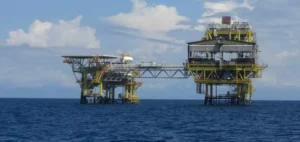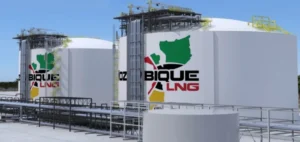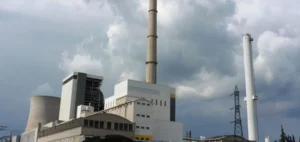Acelen, backed by Mubadala Capital, will invest R$12 billion ($2.44 billion) over 10 years to produce “green” diesel and jet fuel in Brazil starting in 2026, making it one of the world leaders in this segment.
The new biorefinery, which the energy company plans to begin construction in January 2024, will have the capacity to produce one billion liters per year of hydrotreated vegetable oil (HVO), a diesel-like fuel made without fossil resources that comes from vegetable oils and animal fats.
Brazil has a leading role in renewable diesel
The project reinforces Brazil’s role as a strategic supplier of renewable fuels, capitalizing on its abundant natural resources. Brazil already produces biodiesel from soybeans and ethanol from sugar and corn.
Marcelo Cordaro, vice president of new projects at Acelen, said the biorefinery will use the existing infrastructure of its Mataripe plant, including storage and logistics, as well as the port terminal for exporting the new fuels. The unit, which represents 14% of Brazil’s oil refining capacity, was acquired by Mubadala from state-owned Petroleo Brasileiro (PETR4.SA) in 2021.
Acelen’s goal is to become a global player
Initially, soybean oil will be the plant’s primary feedstock, which could make Acelen the largest single buyer of the commodity in Brazil. The plant will need up to 900,000 tons of soybean oil per year. There is also expected to be an additional 100,000 to 150,000 tons of corn oil and animal fats consumed annually. Acelen signed a memorandum of understanding in Abu Dhabi with the government of the State of Bahia last Saturday.
Acelen expects that all of its renewable fuel production will be exported, as there are still no regulations in the Brazilian market that make domestic sales possible. “We want to be a global player, we are starting to be big, we already have the competitiveness to operate abroad,” said Acelen’s Vice President of Institutional Relations, Communication and ESG, Marcelo Lyra. “Obviously, the Brazilian market is growing and starting to encourage this type of fuel, so logically for us it would be interesting to participate.”






















